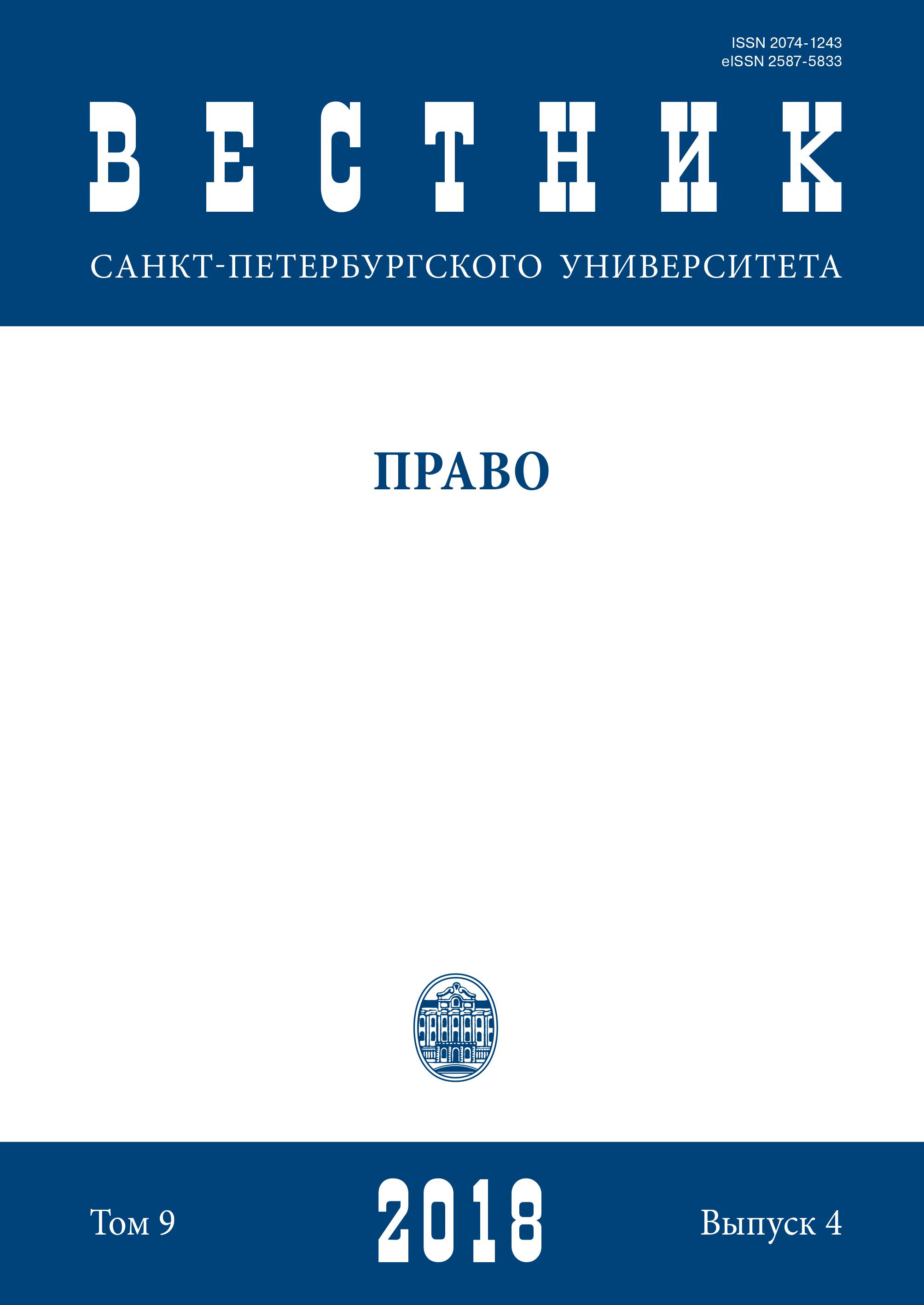The system of lawyers training in Japan and its purposes
DOI:
https://doi.org/10.21638/spbu14.2018.410Abstract
The process of training lawyers in Japan has certain characteristics. Access to the legal profession is due to the demonstration of knowledge, skills and competencies in a special qualifying examination. This is a state test aimed at checking the competitor`s knowledge and ability to fulfill future duties. Passing the exam is required to obtain the profession of a lawyer, prosecutor or judge. In Japan, now applies a newly unified qualification exam, replacing the previous version. If earlier anyone could take the previous exam, then under the system of the new qualification exam, only those who graduated from Law School were allowed to take it. Such Law Schools were created on the basis of law faculties of universities. However, the exam is not the only condition, and the applicant also needs to undergo a special legal internship at the institute created under the Supreme Court of Japan. Passing an internship serves the interests of the applicant not only because of the addition of his competencies, but also because the bar, the prosecutor`s office, and the judiciary are similarly selecting their own cadres. The internship includes certain exams that you must pass to complete it. In case of successful completion of the legal internship, the applicant is licensed by a lawyer. Despite the apparent harmony of the system of training lawyers in Japan, in the modern form, it is not devoid of a number of problems. The author as a practicing lawyer perfectly sees the existing issues and therefore gives his vision to the system, taking into account the experience of the pre-existing qualification exam and the consequences of the new test, and also referring to the peculiarities of the legal internship and the experience of the existence of Law Schools.
Keywords:
training of lawyers, qualification examination for lawyers, access to the legal profession in Japan, legal traineeship, Law Schools
Downloads
References
Downloads
Published
How to Cite
Issue
Section
License
Articles of "Vestnik of Saint Petersburg University. Law" are open access distributed under the terms of the License Agreement with Saint Petersburg State University, which permits to the authors unrestricted distribution and self-archiving free of charge.






